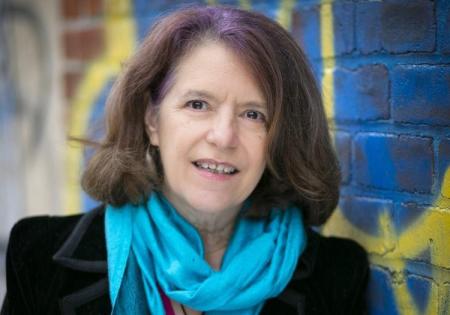

Education
B.A., Wesleyan University
J.D., University of Pennsylvania, Cum Laude
Professor Rebecca Bratspies is the 2024 Visiting Professor of Environmental Law and Haub Visiting Scholar. Professor Bratspies is a Professor at CUNY School of Law, where she is the founding director of the Center for Urban Environmental Reform. While at Haub Law, Professor Bratspies will teach Administrative Law and a Health and the Environment seminar. Professor Bratspies serves on NYC’s Environmental Justice Advisory Board, is a member-scholar with the Center for Progressive Reform, a board member of the Environmental Law Collective, and a member of the NYC Bar Environmental Committee. ABA-SEER honored her work with its 2021 Commitment to Diversity and Justice Award. She was named the Center for International Sustainable Development Law’s 2022 International Legal Specialist for Human Rights Award, and her environmental justice advocacy has been awarded the PSC-CUNY “In It Together” Award, and the Eastern’ Queens Alliance’s Snowy Egret Award. In 1994-95, she was a Luce Scholar seconded to the Republic of China Environmental Protection Administration in Taipei, Taiwan. Before that, she served as a law clerk to the Honorable C. Arlen Beam on the Eighth Circuit Court of Appeals.
